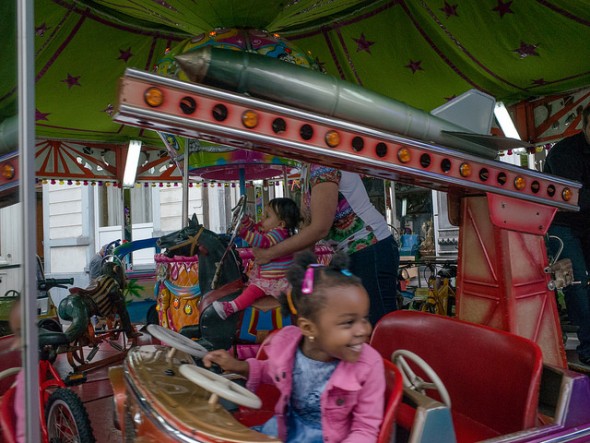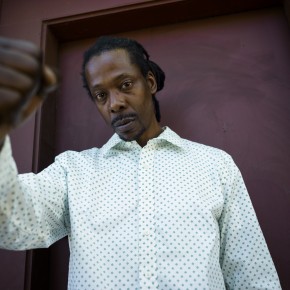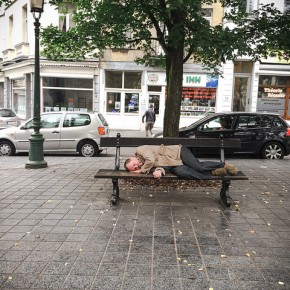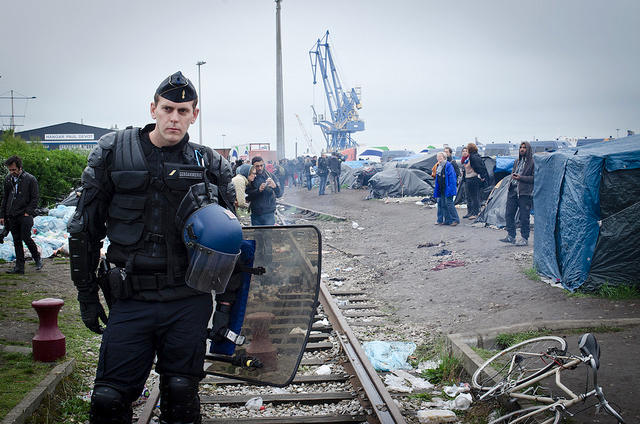Last year, when the Rotherham child abuse scandal broke the narrative was ready-made. The perpetrators were Asian men, the victims were white girls: it’s multiculturalism, stupid! The proponents of diversity and tolerance were painted as rape apologists. It was a particularly powerful case. An estimated 1,400 underage girls had been abused by these men. The emotional pitch is strong and piercing.
The forces of reaction often set out to monopolise the most emotionally-satisfying answers. So a lot of people actually blamed ‘political-correctness’. As if the social services feared accusations of racism so much that they covered up a systematic pattern of child sexual abuse.
It’s a convenient excuse. It absolves the social services and the police of institutional failures. It’s not our fault, it’s ‘political-correctness’ again. Ho hum.
The real truth is it’s about class. Not race. The most vulnerable children do not come from the elite. Most sexual abuse in the UK is committed by white men. It’s an obvious deflection to call for racial profiling. The racialisation of the case testifies to the role of race with regard to class issues. The Other as rapist is an age-old trope. Racism is the mustard gas pumped into the trenches of class warfare. It obscures the antagonism. But it also serves to maintain it.
Yet the preference is for a culturalised narrative. Multiculturalism has its appeal there. Much like race, class has been reduced to a cultural notion. It’s certainly possible to read the stratification of society in terms of cultural layers. As if each slice holds its own customs and tastes, so to sneer at the lower orders is to commit ‘classism’. Here it is just a question of personal prejudice, not of systemic oppression. But this has very little to do with class as a social reality.
Note, the victims of Jimmy Savile were mainly situated at care homes, orphanages and hospitals. Some even say it went as far as mortuaries. In the case of the homes, we might detect the entitlement to absolute access to the poor – for whatever purposes the ruling class decide. By contrast, the Savile case was the inversion of philanthropy. It’s the dirty secret. But it was also the name of the game. Not least for the abuser.

Charity serves to funnel the proceeds of exploitation back into basic provisions for the needy and, in doing so, it reinforces these social conditions. This gives the system the means to morally justify the surplus it extracts, while it also changes very little. The sex attacks confirm these dynamics of exploitation and domination. It combines license and access. Savile was raising cash for hospitals as he takes advantage of patients.
We find similar dynamics in the other cases. The Kincora boys’ care home in Belfast is a key example. There William McGrath, an Ulster loyalist and MI5 informant, appears to have run a child abuse ring. The extent of which may remain mysterious. But it’s likely that the boys were targeted because they were in a care home. Who would believe them? That’s if they talked. Why would they talk? It’s not like a court hearing is an appealing prospect for such a boy.
If the beneficiaries of Savile’s philanthropy constitute the ‘deserving poor’, then the rascals of Northern Irish boy homes play the role of the ‘undeserving’. They can be discarded. No one will miss them. No one will care. Much like the poor girls of Rotherham. Unlike Rotherham, Northern Ireland is the legacy of British colonialism – it was the first colony – and its conflict can be understood as a national struggle.
By contrast, Rotherham sits in Yorkshire, which formerly belonged to the Northern English powerhouse of manufacturing. Those were the days when England was the workshop of the world. A lot has changed. The North has been ripped apart by deindustrialisation. Its communities relegated to the scrapheap. The victims of the so-called ‘Muslim’ rape gangs were born into this social wreckage. This level of dislocation churns out pathologies. Even Norman Tebbit, the Thatcherite enforcer, is aware of this:

Many of these communities were completely devastated, with people out of work turning to drugs and no real man’s work because all the jobs had gone. There is no doubt that this led to a breakdown in these communities with families breaking up and youths going out of control. The scale of the closures went too far. The damage done to those communities was enormous as a result of the strike.
If the moral centre of your world has collapsed, as it has for so many working-class people, then there may be few certainties left. Yet the preoccupation with this issue slides along particular class contours. It’s not a middle-class obsession, but it is among the working-class and the under-classes. It’s not like bourgeois suburbia faces widespread social ills. At least not to the same extent as deprived neighbourhoods. So it’s hardly a coincidence that the poor were the primary target readership for The News of the World’s naming-and-shaming campaign.
It’s often paired with other campaigns: particularly on benefits and immigration. As if the only problems are own to ‘scroungers’ and ‘foreigners’. Politically, this accounts for the fragmentation the working-class experiences. It explains away systematic problems. It does so to obfuscate any systematic accounts. The strength of the moral panics is their simplicity. You’re paying for benefits scroungers. Immigrants are taking your jobs. Perverts stalk your children. In this worldview, everything would be fine were it not for these problems.
One wonders why this issue enthralls the far-right so much. Apart from the obvious horror of abuse, the paedophile stands as one of the last – if not, the last – folk devils. Paedophilia belongs to a unique league of evil. It ranks alongside necrophilia and cannibalism. Perhaps it provides moral certainty in a world where there is increasingly less and less. No matter how awful you may be, if you beat your wife, if you’re an alcoholic, at least you’re not in the same league as kiddie-fiddlers. This is vital in age of vast social dislocation.
Photographs courtesy of Joel Schalit.





